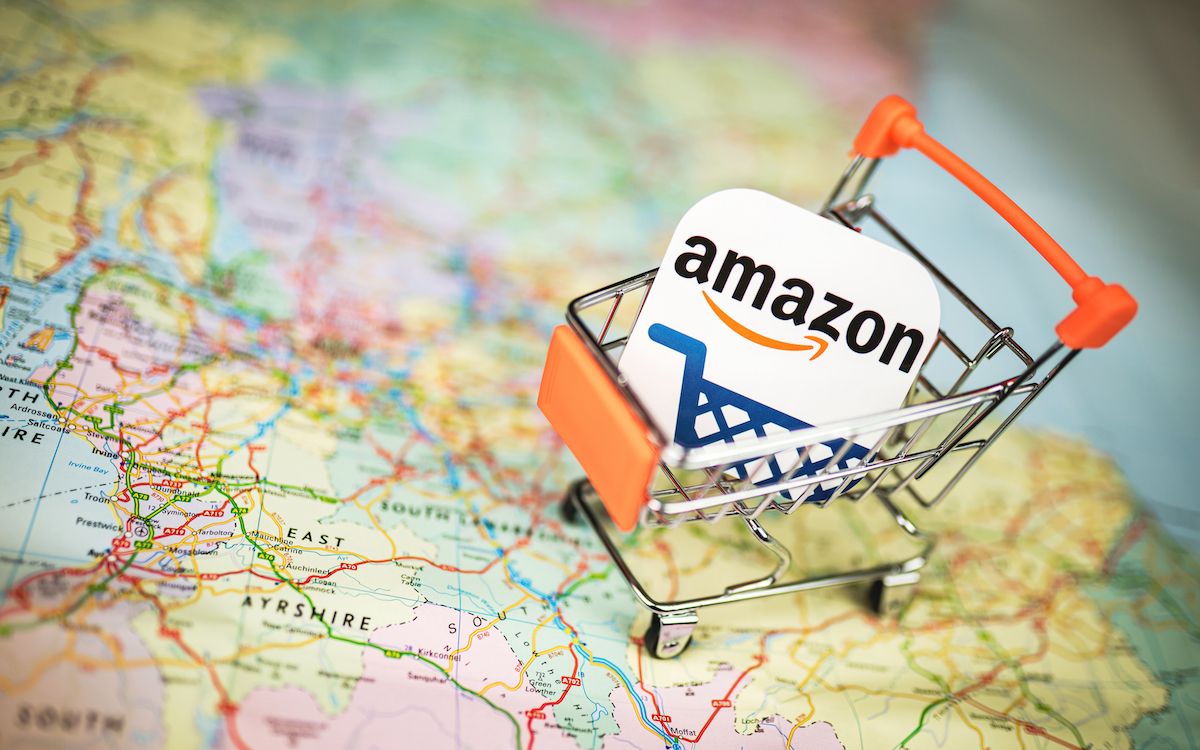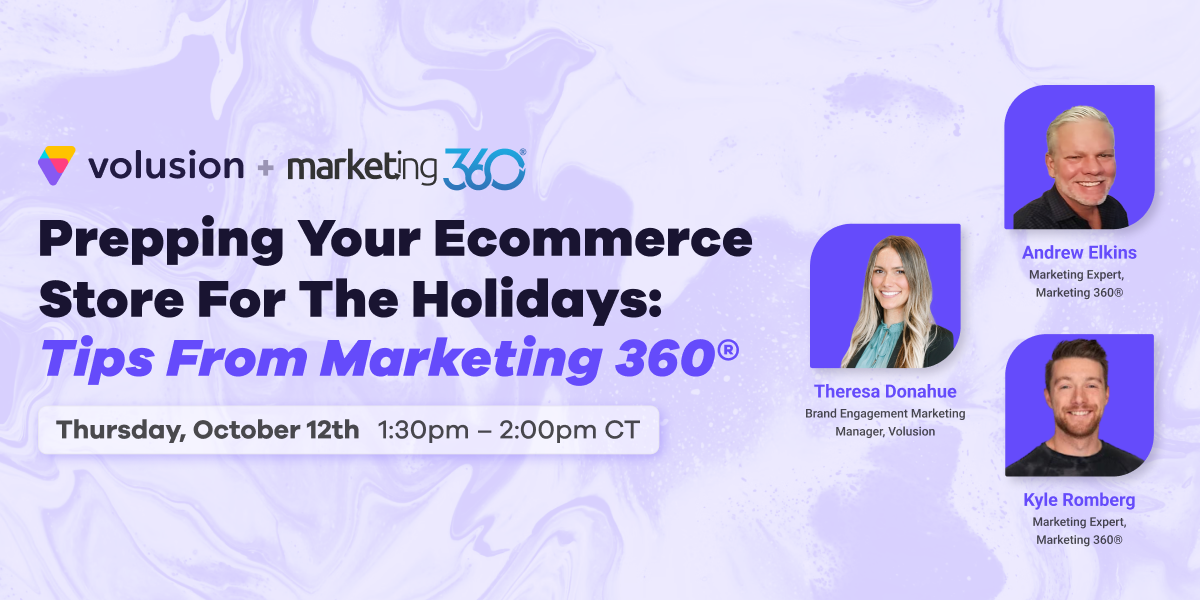
Since Amazon’s launch over a decade ago, the ecommerce giant has grown to dominate the online shopping market in more ways than one. Amazon has had an oversized impact on standalone ecommerce businesses, affecting their prices, shipping policies, and much more.
Today, let’s take a look at the impact of Amazon on standalone ecommerce businesses. We’ll also go over some ways you can overcome the Amazon effect if your online business is struggling to compete with the marketplace giant.
The “Amazon Effect” Explained
Everyone knows what Amazon is: it's a one-stop shop where consumers can buy practically anything through Amazon-sponsored manufacturers or through people who run their own ecommerce businesses through the marketplace. In a nutshell, the so-called “Amazon Effect” includes the full range of impacts created in the retail and ecommerce industries by the digital marketplace giant.
Impacts on Smaller Ecommerce Businesses
Amazon's major effect has impacted the ecommerce industry for years by making it difficult for standalone ecommerce businesses to thrive in the modern market. Many consumers who want to buy something online don't look for specific manufacturers or brands—they just visit Amazon and search for the products they want on that site. Some additional impacts of The Amazon Effect include:
Increased Customer Demands
For starters, lots of modern consumers have higher demands than ever. They may have increased demands for:
- Product variety. Many consumers expect every brand to provide the same variety in products and solutions as Amazon, not remembering that Amazon doesn’t create much, but instead connects shoppers to lots of brands on its marketplace.
- Tons of customer reviews for every product. Again, many standalone ecommerce businesses don’t have customer review functionality visible right on their sites—many rely on other review websites like Yelp or Google Reviews.
- Products based on accessibility. Rather than overall quality, many consumers expect to find the exact product they’ve been imagining even if it’s made of cheaper materials.
Many customers have these demands without considering how smaller or more focused ecommerce businesses function. As a result, those standalone ecommerce businesses have to change their marketing or customer reach strategies to make sure shoppers visit their sites without exorbitant expectations.
Expectation of Free or Cheap Shipping
Speaking of expectations, the Amazon effect has led many consumers to expect free or cheap shipping for every ordered product. This isn't financially feasible for many standalone ecommerce businesses, especially those that ship products to people around the world.
Shipping is expensive no matter what products are shipped, what shipping carrier you use, or where they go. Many companies do try to foot the bill for shipping, but they aren’t always able to, especially in the early days of operation.
Unfortunately, Amazon’s standard of free or cheap shipping has caused many modern consumers to consider it a flat standard for all their online shopping. It’s on the onus of smaller businesses to counteract this expectation—or to meet it.
Price Competition
Lastly, the Amazon effect has led to increased price competition between Amazon itself and other retailers and ecommerce stores. Amazon oftentimes brings consumers the lowest possible prices for their desired products by connecting them to the cheapest retailers or vendors.
Smaller or standalone ecommerce businesses can't do this. They have profit margins and price points they must stick to in order to meet revenue goals and pay for business expenses. Many small businesses struggle to keep up with Amazon based on price competition alone. If a consumer wants a fast, cheap product, you can often find it on Amazon.
How to Overcome the Amazon Effect
The situation certainly seems dire, but if you run an online business, there is hope! You can overcome the Amazon effect through a few smart strategies:
Optimize for Mobile Users
For starters, try to optimize your ecommerce site and store for mobile users. More than half of today’s internet traffic comes from mobile users, so streamlining your site for easy mobile navigation will make shopping on your store an enjoyable experience from start to finish.
This is the best way to compete with Amazon in terms of pure site functionality. Even in the modern era, Amazon’s website still isn’t the best for online shopping through mobile devices. If your site is simply more enjoyable to use, people might buy things from your ecommerce store even if Amazon has similar products for slightly cheaper prices.
Leverage Personalization Everywhere
Furthermore, you can and should take advantage of personalization tools and strategies. For all its convenience, Amazon is not a very personalized service, whereas smaller ecommerce sites can be. You can use personalization by implementing:
- Email marketing to alert regular shoppers about upcoming sales or special products they might like
- Business texting to send personalized texts to customers one-on-one
- Discounts or coupons provided to shoppers after they make an initial purchase
- Product recommendations and advertisements online based on products shoppers have previously viewed or purchased on your site
As an added benefit, increased personalization often makes consumers trust your brand more fully.
Double Down on Unique Products/Offerings
This ties into the third and most important strategy to overcome the Amazon effect: doubling down on the unique things your ecommerce business has to offer. Again, Amazon might be big, but it doesn't offer many unique products or solutions.
Your brand identity and the unique way you provide value to your consumers can’t be replaced or absorbed. Double down on that in every way you can, including in your marketing campaigns, your products, and the quality of your offerings. Your chief compliance officer can help ensure that all of your company’s staff represent the brand powerfully and uniquely, too.
In fact, it’s smarter for standalone ecommerce businesses to make sure their products are as high quality as possible these days. There are still plenty of online shoppers who will pay a little extra (or even pay for shipping) if it means the products they get are top-tier rather than the cheaper, flimsier options often found on Amazon.
Summary
As you can see, Amazon’s impact is wide-ranging and oftentimes damaging to small or standalone ecommerce businesses. However, it’s not impossible to overcome. Remember the above strategies and try to make your business stand out from Amazon in any way you can. With the right mindset and focus, you can still thrive in the modern market even as Amazon chugs along.











